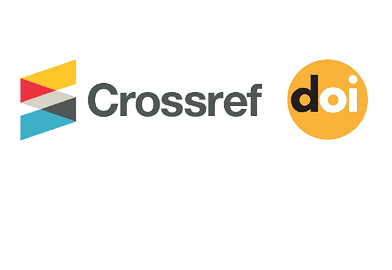Childhood Trauma and Somatic Complaints in Male Child Laborers and Mainstream School Children: A Comparative Study
DOI:
https://doi.org/10.52461/pjap.v3i2.1839Keywords:
Child Labor, Childhood Trauma, Somatic Complaints, School Children, Comparative StudyAbstract
The present study intended to investigate the relationship
between childhood trauma and somatic complaints in male
child laborers and to compare child laborers and mainstream
children concerning childhood trauma and somatic
complaints. In the current correlational study, a sample of 400
boys (child laborers=200; mainstream school children=200)
in the age range of 6-16 years (M=12.03; SD=2.03) was
selected using the multistage sampling technique from two
cities i.e., Faisalabad and Chiniot of Punjab province,
Pakistan. The Childhood Trauma Questionnaire-Short Form
(Bernstein, et al., 1994) and Somatic Complaints List
(Jellesma et al., 2007) were used in the Urdu language to
assess childhood trauma and somatic complaints
respectively. Pearson product-moment correlation,
regression analysis, and t-test through Statistical Package for
Social Sciences (SPSS v-25) were conducted for data
analysis. The results indicated a significant positive
correlation between childhood trauma and somatic
complaints. Furthermore, childhood trauma was found to be
a significant predictor of somatic complaints. Additionally,
Child laborers scored significantly higher than mainstream
school children on the Childhood Trauma Questionnaire and
Somatic Complaints. As far as subscales of the Childhood
Trauma Questionnaire are concerned, child laborers scored
higher on Abuse, and Physical Neglect as compared to
mainstream school children whereas, Emotional Neglect and
Denial were found to be more in mainstream school children
as compared to the child laborers.
Downloads
Published
How to Cite
Issue
Section
License
Copyright (c) 2023 Imran Khan, Arif Nadeem, Fayyaz Ahmed Anjum

This work is licensed under a Creative Commons Attribution-NonCommercial 4.0 International License.
All the articles editorially accepted for publication by the Pakistan Journal of Applied Psychology (PJAP) are licensed under the Creative Commons Attribution-NonCommercial 4.0 International (CC BY-NC 4.0) Submitting a manuscript to PJAP, the author has to certify that he/ she is authorized by other contributors (s) and co-author (s) to enter the publication process.




